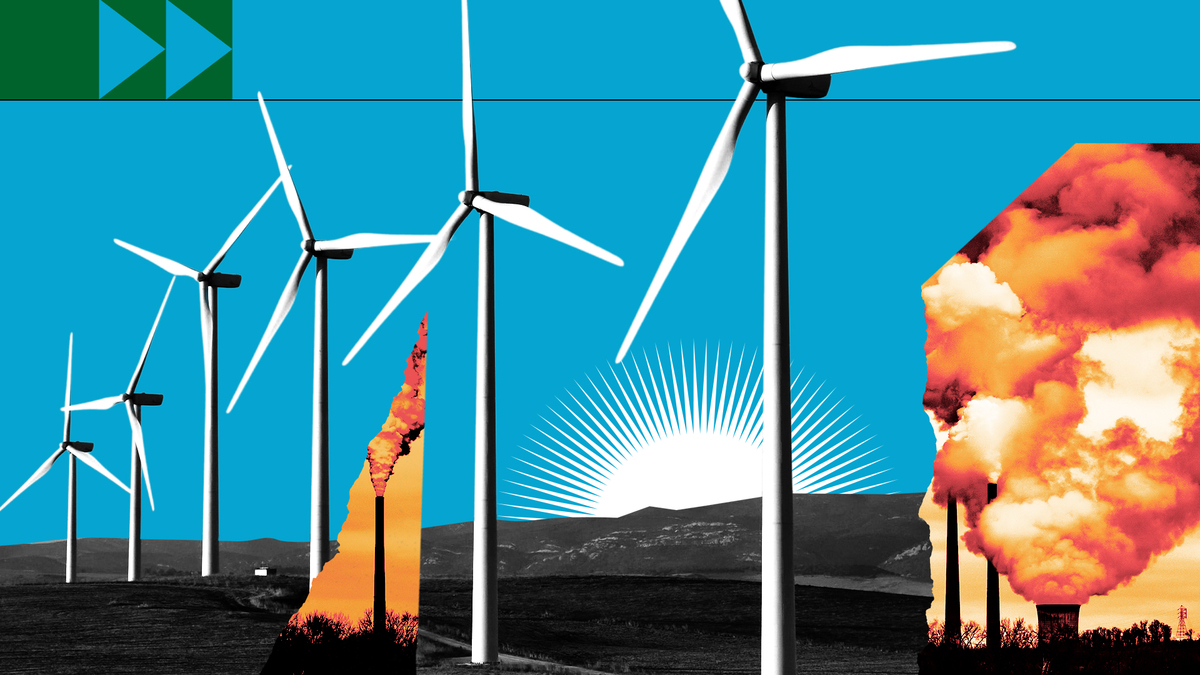
Nature loss remains a significant contributor to climate change, as it has been for the past two decades. But the third and last report of the IPCC’s Sixth Assessment Cycle provides a glimmer of hope.
The new IPCC report, published today, confirms what we already know: carbon emissions continue to rise globally, and most countries are not on track to deliver on their climate commitments under the Paris Agreement. Nature loss remains a significant contributor to climate change, as it has been for the past two decades. But the third and last report of the IPCC’s Sixth Assessment Cycle provides a glimmer of hope. Scientists from working group III report that the world can still be on track to meet the Paris Agreement targets if countries, companies and peoples act fast and with a holistic approach that considers thoughtful action to mitigate carbon emissions, reverse nature loss, preserve biodiversity and boost equity and human development.
The role of nature is no longer questioned as part of this global effort. The transformation of energy and economic systems needs to be partnered with the transformation of our land use and the relationship we have with natural ecosystems. If we do this, not only we can avoid the worst of climate change but also secure a much healthier future.
The report assesses progress and gaps in limiting global emissions and reviews national climate pledges in relation to long-term emissions goals. It investigates available mitigation options across different sectors, including energy, urban systems, buildings, transport, industry, agriculture, forestry, and land use.
Two new chapters focus on the interplay between emissions and consumption patterns, social elements and the economy, and the potential of new technologies for innovative mitigation solutions, sending a positive signal illustrating the many pathways for meaningful climate action. The paper also examines the connections and trade-offs between mitigation and adaptation, as well as the backdrop of sustainable development and the role of fairness and justice in climate mitigation, as covered in the last IPCC report.
Lucy Almond, Nature4Climate Chair said:
“Nature is one of the best and most valuable carbon mitigation solutions that we have to limit rising emissions and meet climate targets. With adequate and urgent funding, nature can provide up to one-third of cost-effective carbon mitigation by 2030, as well as protecting and restoring the vital natural ecosystems that sustain life on Earth. This next alarming IPCC report following two other equally worrying analyses must surely be a wake-up call for world leaders to invest in nature now and unlock its mitigation potential for the benefit of people and the planet.”
Key insights from the IPCCC Working Group 3 report:
- We know what we have to do: decarbonize energy and industry; pursue technologies to remove CO2 from the atmosphere and protect and restore natural ecosystems, and all of these need to be done in parallel.
- Nature’s contribution to solving climate change is not only potentially larger than originally estimated, but it’s also among the most cost-effective solutions to climate change that we have.
- Measures that protect, manage and restore nature — including reducing deforestation and implementing reforestation — make up three of the top five most effective options for mitigating carbon emissions by 2030 (together with solar and wind energy).
- Overall, the global economic benefits of limiting warming to 2°C likely exceed the mitigation costs. The report finds that delivering “natural” climate solutions that limit warming to less than 2°C (3.6°F) would cost up to US$ 400 billion a year by 2050. This is less than the current subsidies provided to agriculture and forestry.